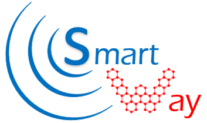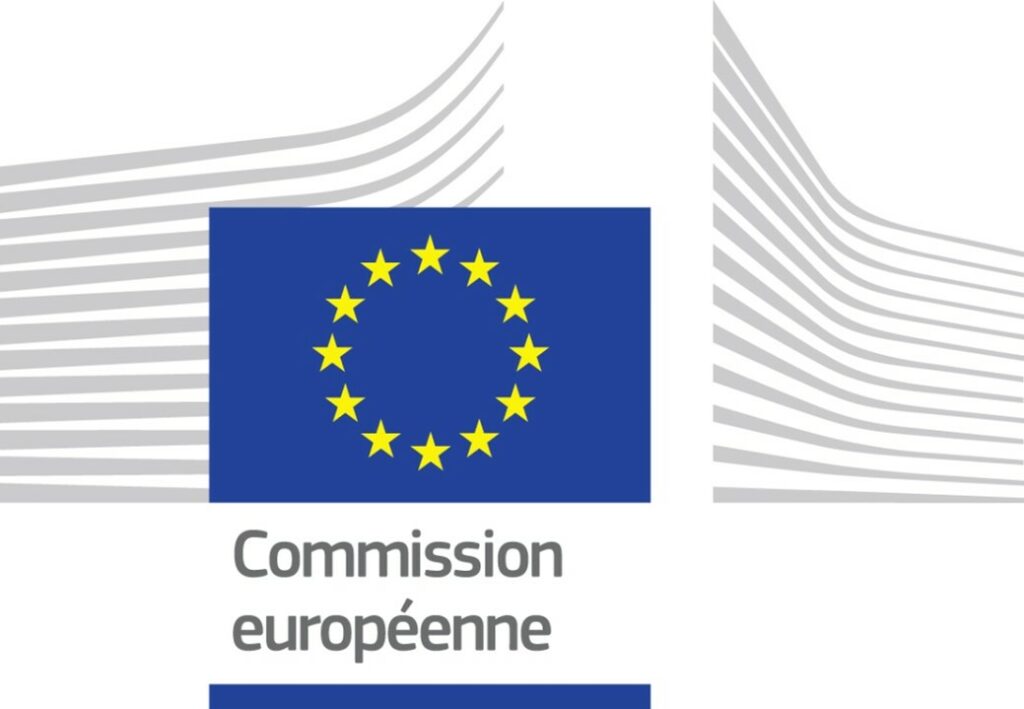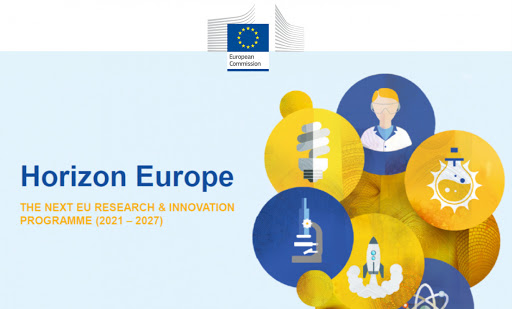National Institute for Research and Development in Micro Technologies (IMT)
CONTACT
Dr. Martino Aldrigo
Role in project
In SMARTWAY project, IMT will perform the design of (i) the CNT NEMs-based switch/filter and the 2D material-based antenna for DEMO#2 and (ii) the MM antenna for DEMO#1. The strong design competence of IMT ensures the maximum exploitation from the available technologies in SMARTWAY project. Measurement and characterization skills of IMT will also provide a strong competence to the SMARTWAY consortium.

IMT
General Partner description:
IMT-Bucharest, coordinated by the Romanian Ministry of Education and Research, is the first institute with this profile in Eastern Europe and the main Romanian actor in microtechnologies. The mission of IMT-Bucharest encompasses research and development in micro- and nanotechnologies, technology transfer, education/training, and dissemination. The institute is a strategic and multidisciplinary scientific pole, integrating research, education, and technology transfer, thus emerging as a leading regional centre in its fields on interest. The relevant research of the “Laboratory of micromachined microwave and millimetre-wave circuits” has a unique expertise in RF MEMS/NEMS (for which it is a national Centre of Excellence) and carbon-based electronics.
Key personnel:
Dr. Mircea Dragoman is a senior researcher I at the National Institute for Research and Development in Microtechnologies (IMT-Bucharest) since 1996. He is among the first in the world who has designed and fabricated carbon nanotubes and graphene circuits at high frequencies, and DNA biosensors based on carbon nanotubes with RF readout. He is working in the area of carbon 2D materials devices applied in electronics, biology and energy harvesting. In the period 1992-1994 he was the recipient of the Humbold Fellowship award, and he has followed postdoctoral studies at Duisburg University, Germany. He had more than 40 invited papers. He has published more than 350 scientific papers with over 5900 citations (https://scholar.google.com/citations?user=5ViV7YIAAAAJ&hl=ro). He is co-author of several books and has been/is the principal investigator of several European and national projects.
Dr. Martino Aldrigo obtained his PhD in Electronics Engineering, Telecommunications and Information Technology from the University of Bologna, Italy, in 2014. Since December 2014 he is employed at IMT-Bucharest, Romania, since 2022 as Scientific Researcher II (CSII). His main expertise comprises the electromagnetic simulations and measurements of RF / microwave systems for energy-harvesting / wireless applications. In the field of his research activity at IMT he is deeply involved in the design of graphene / 2D materials / ferroelectrics-based components at microwave and THz frequencies for innovative micro- and nanodevices. He has (co-)authored 118 papers in ISI-ranked journal and national/international conferences, with over 780 citations (https://scholar.google.com/citations?user=l0QbHDcAAAAJ&hl=ro). He has participated/participates to many national and international projects as team member/director.
Dr. Alina Cismaru is Scientific Researcher I (CSI) at IMT-Bucharest. She graduated from the Physics Faculty in 1998, M.S. degree in physics in 2000, PhD degree in semiconductor physics in 2008, University of Bucharest, Physics Faculty. Her current research activities are the design and characterization of CNTs and graphene-based devices working as gas sensors and biosensors for microwave applications. She has (co-)authored more than 64 papers in ISI-ranked journals and national/international conferences (https://scholar.google.com/citations?user=gUiHs0QAAAAJ&hl=ro).
Dr. Andrei Marius Avram: (PhD), Senior Researcher 2, Physicist, received an MSc degree in Plasma Physics (2010) from the Faculty of Physics, University of Bucharest, and a PhD in Electrical Engineering (2014) from the faculty of Electrical Engineering, “Politehnica” University Bucharest. Since 2018 he is the Head of the Laboratory for Carbon Based Nanotechnologies and Nanostructures and starting 2022, he is the Technical Director of IMT Bucharest. Areas of expertise: developing carbon-based materials, and implementation of fabrication processes for MEMS, microfluidics, micro-nano-electronics, and dedicated microstructures, developing and implementing plasma-assisted processes for etching and deposition of materials and process integration for the fabrication of micro- and nano-electronic devices, integration of carbon-based materials, like graphene derivatives, into different types of sensors for industrial and research applications. Involved in the implementation of 30 national research projects, one as project manager. Author and co-author of over 100 ISI-indexed scientific papers with over 1600 citations and 12 patents (https://scholar.google.com/citations?user=blwyFoIAAAAJ&hl=ro&oi=ao).
Dr. Octavian-Gabriel Simionescu: PhD (2023), postdoctoral researcher. He finished his PhD studies at the Doctoral School of Physics from the University of Bucharest, where he focused on plasma-based growth and processing of carbon nanostructures for piezoresistive and electrochemical applications. He has over 6 years of experience in plasma deposition processes, such as radiofrequency magnetron sputtering of thin layers of metal nitrides and oxides, and plasma-enhanced chemical vapor deposition of nanocrystalline graphene/graphite, carbon nanotubes, and graphene/graphite nanowalls. He also has experience in the field of plasma etching/processing with techniques such as reactive ion etching and the Bosch technique. He was/is involved as a key person in the implementation of 9 nationally funded projects and is author/co-author of 10 ISI-rated papers and 3 conference proceedings (https://scholar.google.com/citations?user=wXahDtQAAAAJ&hl=ro).
Significant infrastructure and any major items of technical equipment:
“On wafer” measurement system in the 0.1 – 110 GHz range (microwave network analyser from Anristu with SUSS Microtec Probe Station); frequency synthesizer (Agilent) up to 110 GHz; Spectrum Analyser (Anritsu) up to 110 GHz; Tektronix digital serial analyser up to 50 GHz with TDR module; Keithley Semiconductor characterization system; optical profiler WLI – Photomap 3D from Fogale; millimetre wave power-meter in the 0.1 – 40 GHz range; cryostat-based measurement system in the 5 – 500 K range (microwave measurements up to 15 GHz, including on wafer measurements are available); computers and software for electromagnetic simulations (IE3D, Fidelity, CST, and Comsol software packages); nanolithography equipment, AFM, white light interferometer (Fogale) mask manufacturing facilities.


